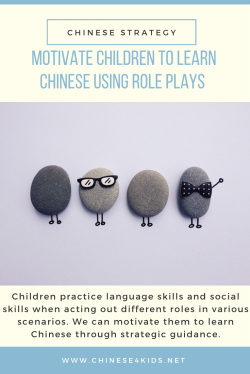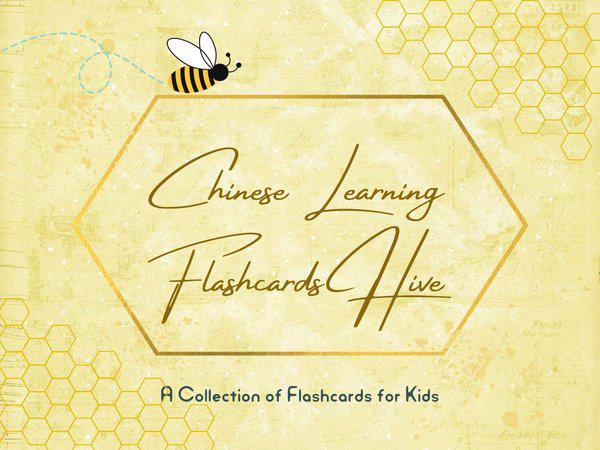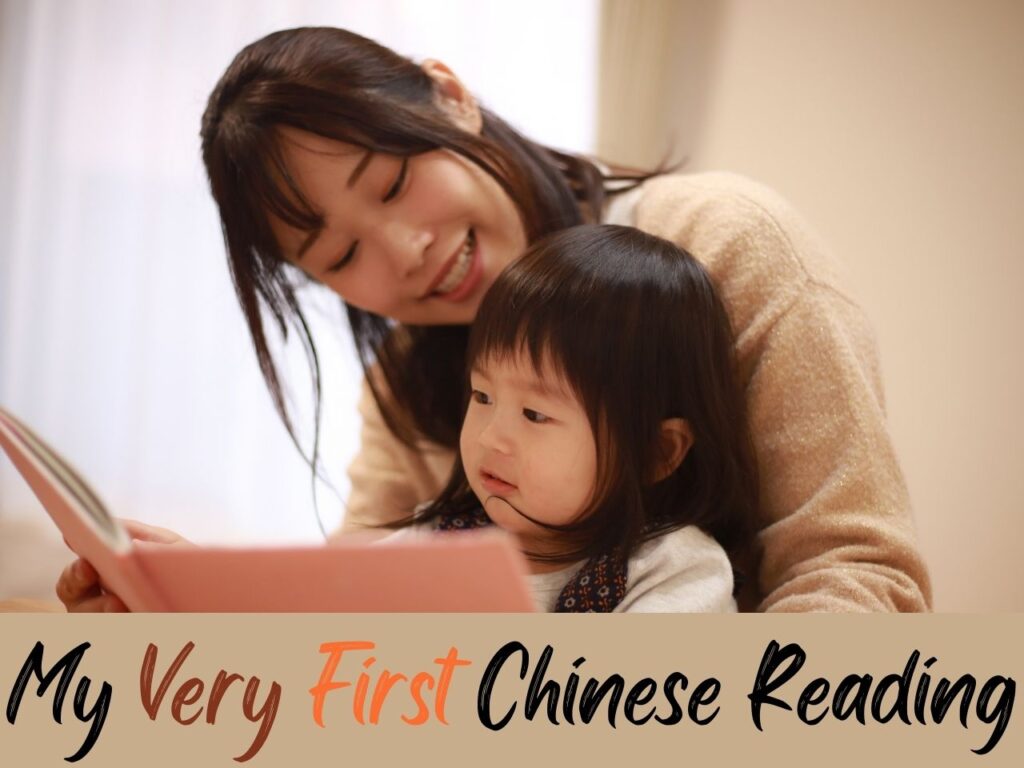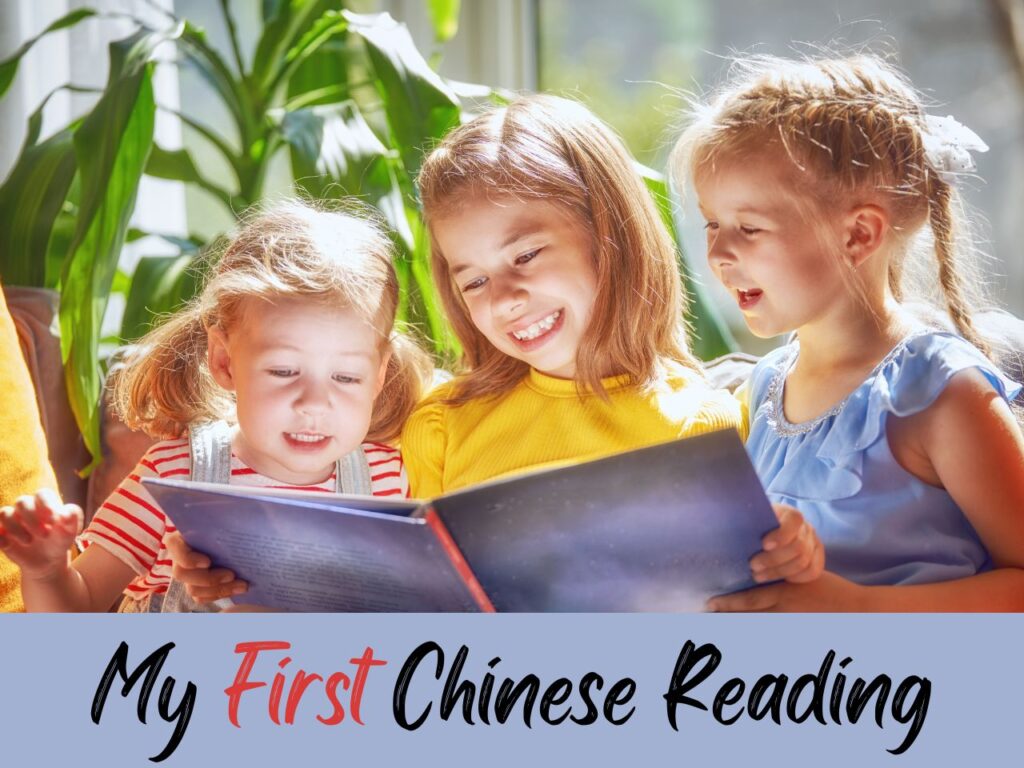
Use Role Plays to Motivate Children to Learn Chinese

Have you seen children playing? They often take on several roles to act out situations they’ve seen or experienced, such as class, shopping, riding a bus, etc. Role plays are great for kids to practise their language skills as well as social skills. In this article let’s talk about the importance of role play in Chinese learning.
Children learn a language such as Chinese in a quite different way from which adults learn. They repeat what they hear and they apply what they learn in new but similar situations. They do not care if they get all the expressions right. Well, if they get it right, they know it by observing the reaction and receiving feedback from others. If they get it wrong, they would adjust it till they get correct. How can we motivate children to practice their Chinese while making connections between vocabulary, experiences and the content? Role plays are really important in Chinese learning for children.
HAVE YOU EVER SEEN CHILDREN PLAYING?
Have you seen children playing the vegetable and fruit stand game? One child takes the role as the clerk working in the shop, another child plays to be the customer, and sometimes you can see a child playing the cashier too. They act as if they were shopping in the real store. The customer asks for the fresh vegetables and fruits and their price; the clerk introduces products and tries to convince the customer to buy them; and of course, the customer has to pay in the end. Once it is over, they will change roles and act it out from the start again.
This is a perfect example of a ROLE PLAY.
CHILDREN AND ROLE PLAYS
Children are very good at creating scenarios and act out different roles. When acting out different roles, they naturally become someone or something else. They use different tones or ways of communication to make the scenario realistic. Sometimes they run into argument of how the play should be done and usually they come up with a solution which satisfy everyone involved.
In role plays, children do not only practice their language skills, but also their social skills through cooperation, listening and taking turns. Plus it is also a fun exercise that children totally enjoy the whole experience.
WHAT CAN WE AS ADULTS DO TO GUIDE ROLE PLAYS
What we can do as parents and teachers is to encourage children initiate and join role plays, in play dates or on the playground. We can even ask to be part of the play in addition to providing various items for children to act out safely.
We can also create scenarios, introduce and invite children to act them out, but using the language they are learning. For example, when the children learn the names of vegetables and fruits, with the aid of some simple sentences such as “我想要(I want)…” ” (可不可以给我)Can I have…” “(多少钱)How much does it cost?” , they can start the shopping play.
What’s more, showing children a video or reading them a book of similar scenario before or after the role play can greatly help children feel comfortable using new words and sentences.
There are a lot of scenarios children can act out. They are creative and full of imagination. Give them the environment and some tools, we can then sit back and enjoy their enjoyment of learning.
HOW TO MAKE ROLE PLAY A CHINESE LEARNING EXPERIENCE
To make a successful role play as part of a Chinese learning experience, we need to plan it out. Here are the steps:
1. Choose a situation for the role play
When we choose a situation for the role play, we need to keep in mind students’ needs and interests. To make it interesting for the students, we can ask them to suggest and choose the situation themselves based on what they are learning, the books they are reading or even a movie they’ve watched.
2. Design the role play
After the situation is decided, the next step is to come up with plots how the situation may develop. When designing the role play, we need to consider students’ level of Chinese proficiency. The plots have to be easy enough that students could express and be understood.
3. Prepare for the vocabulary
Before role play, an introduction to any new Chinese vocabulary is recommended. We can predict the language needed in the role play and write them down for the students. For example, in the case of fruit shopping, we can ask the students “what can the salesperson say to the customer?” . Then we can introduce the expressions such as “你需要帮忙吗?Do you need help?” “你要买什么? What do you want to buy?” “你要多少?How much do you want?” etc.
4. Prepare for the roles
Provide the students with detailed description of the roles help them play with more confidence. If the role has a problem, just state the problem without offering any solution. We can use cue cards to give students the role description and instruction.
Below is an example of the cue cards for the customer and salesperson in the veggie and fruit shopping situation.
Cue Card A:
| YOU ARE A CUSTOMER SHOPPING FOR VEGGIE AND FRUIT
1. Greet the salesperson; |
Cue Card B:
| YOU ARE A SALESPERSON IN THE SHOP
1. Greet the customer; |
5. Assign the roles
There are many ways to assign the roles: sometimes, teachers can ask volunteers to act out the role play; sometimes volunteers can act out as a model and all the rest of the class act out too; sometimes students are asked to prepare for the role play as homework and act out the play the next class… Teachers can decide how to conduct the role plays as long as they avoid intavoid interrupting the role play and correcting errors.
6. Follow up
After the role play, a debrief is necessary. The goal is to ask for students’ opinion about the role play, to discuss what has happened in the role play and what they have learned. The step involves a reflection and evaluation and is therefore important.
Now that we know the importance of role plays in Chinese learning, let’s create various opportunities to make kids enjoy the process of learning and role playing!
If you like this article, PIN IT so that more people can read it.
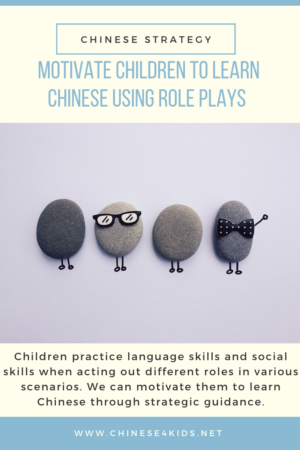
Ready to introduce role plays in the vegetable and fruit stand? You may want to use the book below to prepare the students before inviting them to act out a role play.
You May Also Be Interested:
- Chinese4kids Membership – a portal for busy Chinese teachers and parents
- Chinese learning flashcards Hive – a flashcards library that with regular additions of new quality Chinese learning flashcards
- Chinese learning worksheets collection – Also a part of Chinese4kids membership, this collection is for teachers and parents who want to have access to engaging worksheets and activity sheets created for kids learning Mandarin Chinese as an additional language
- Speak Chinese with Kids Course
You May Also Be Interested:
- Chinese4kids Membership – a portal for busy Chinese teachers and parents
- Chinese learning flashcards Hive – a flashcards library that with regular additions of new quality Chinese learning flashcards
- Chinese learning worksheets collection – Also a part of Chinese4kids membership, this collection is for teachers and parents who want to have access to engaging worksheets and activity sheets created for kids learning Mandarin Chinese as an additional language
- Speak Chinese with Kids Course
- Chinese Vocabulary Made Easy Course
Recent Posts
Join Our Membership
Enroll to A Course
Buy An eBOOK
Our Posts
